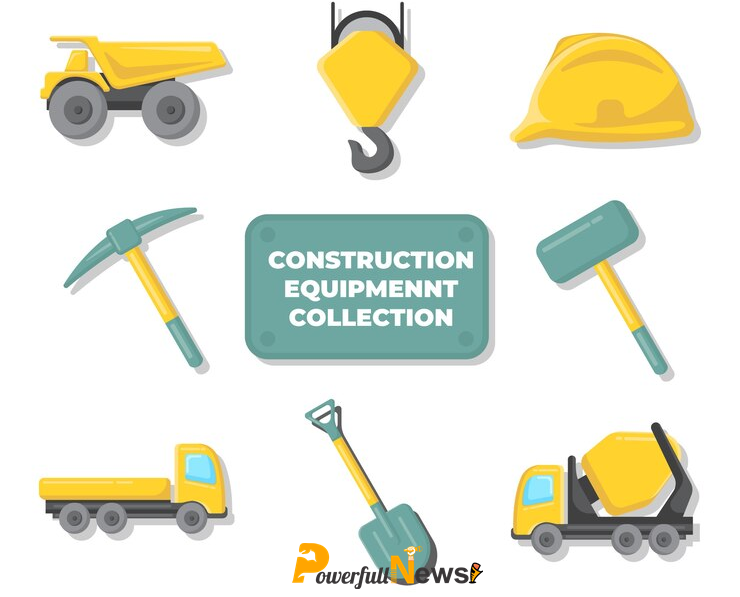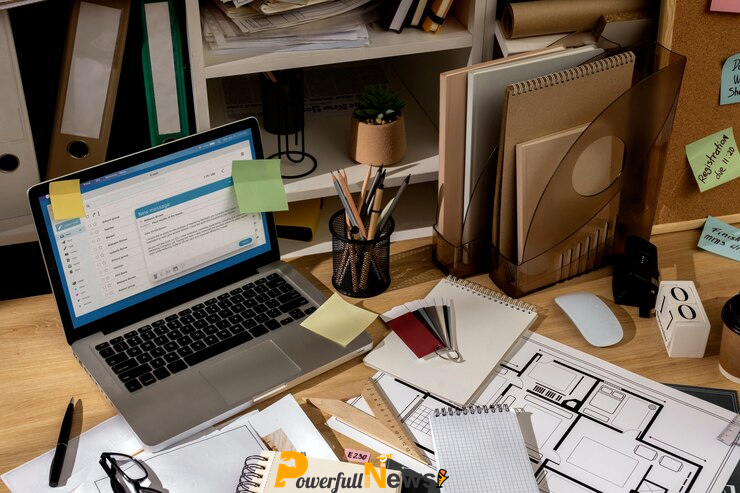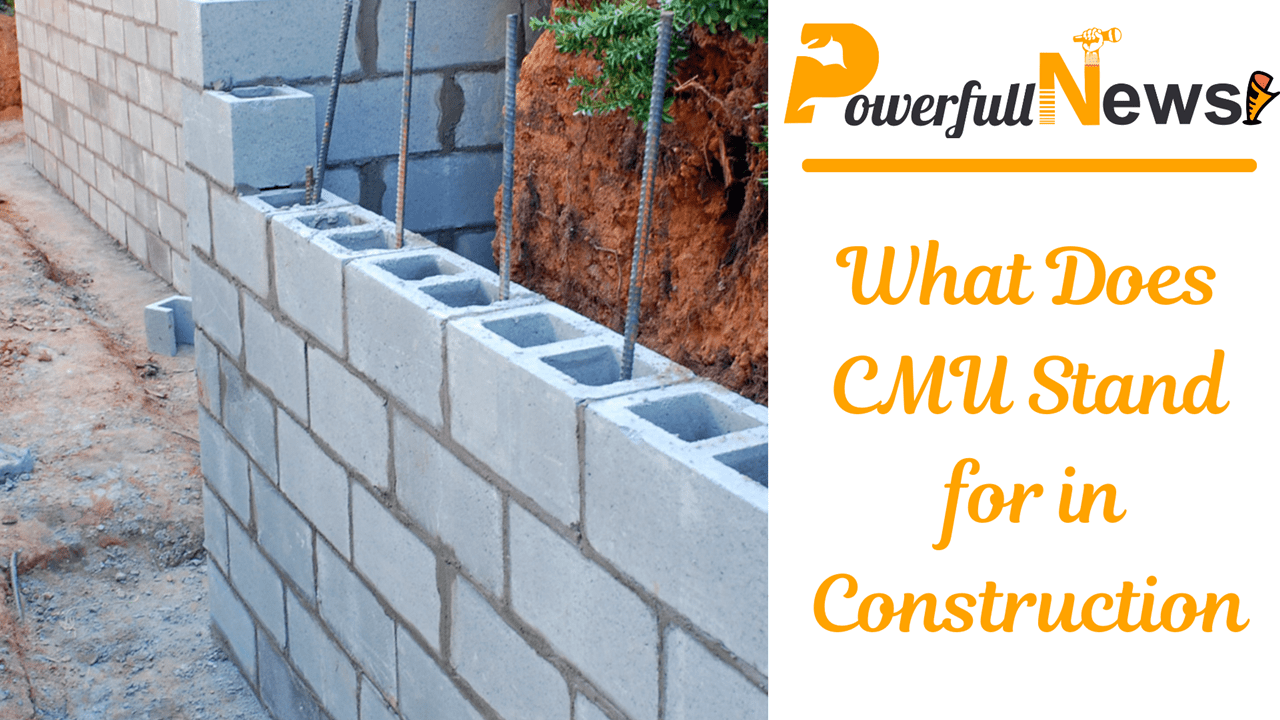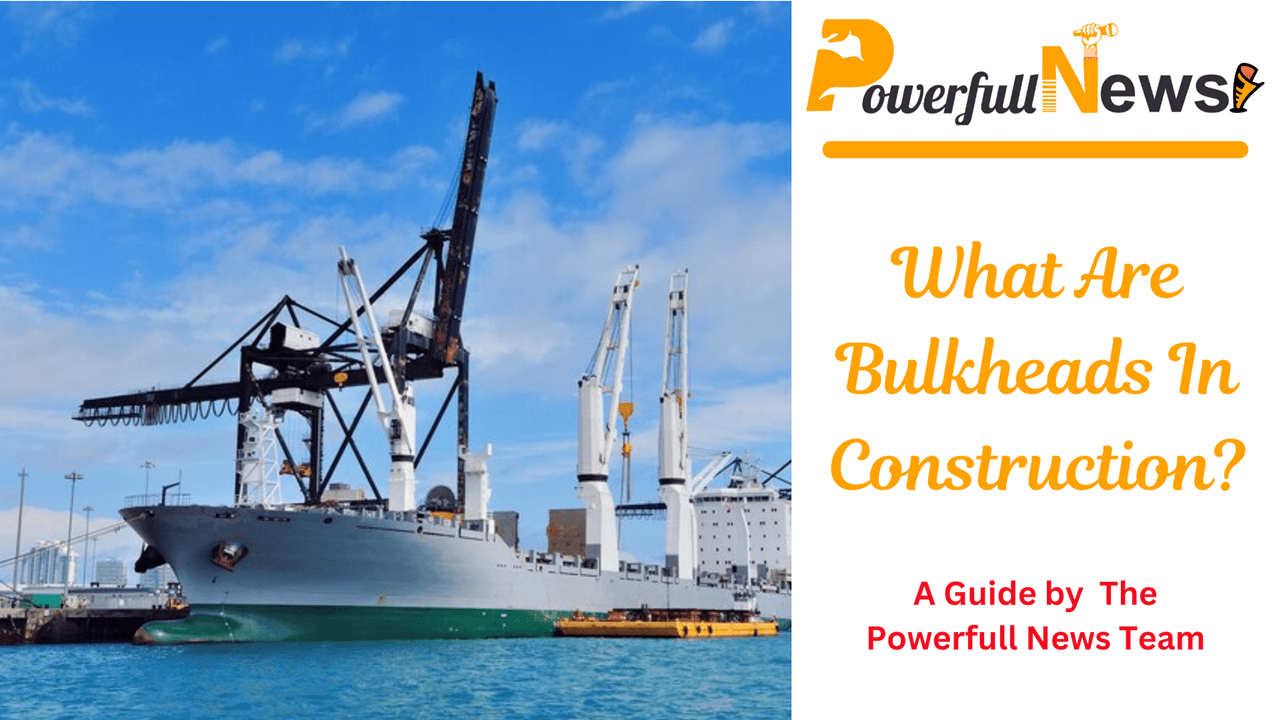Dreaming of building your own construction empire? The first hurdle is often financial. The cost to start a construction company can vary wildly depending on several factors, including location, business size, and the specific type of construction work you’ll undertake.
While some manage to launch with as little as $15,000, others require upwards of $500,000.
In this comprehensive guide, we’ll break down the key costs involved in starting a construction company, providing you with a clear picture of what to expect. From initial setup expenses to ongoing operational costs, we’ll cover it all. By the end, you’ll have a better understanding of how much you need to invest to turn your construction dreams into reality. Let’s get started.
How Much Does It Cost To Start A Construction Company?
The cost to launch a construction company is a complex puzzle with pieces varying from location to location. While it’s possible to start small with a relatively modest investment, building a substantial business demands a more significant financial commitment.
Factors such as the scale of operations, geographic location, and the specific type of construction work will significantly impact the overall cost.
From securing licenses and permits to purchasing equipment and hiring staff, the initial expenses can quickly add up. It’s essential to conduct thorough market research and create a detailed budget to get a clear picture of the financial landscape before diving into the construction industry.

Here are few key factors by considering them you can easily map the cost required to start a construction company:
1. Licensing and Registration Costs
Starting a construction company means dealing with licenses, permits, and fees. You’ll need a general contractor’s license and trade-specific certifications, like for electricians or plumbers. The costs can add up fast. The fees for construction company licenses and contractor requirements vary by location and your business’s needs.
Contractor Licenses and Permits
In many places, contractors must have a valid license to work. This license has an initial fee and renewal costs. You might also need special permits for things like electrical or plumbing work. These permits have their own fees that you should include in your startup costs.
Business Registration Fees
Registering your company as a business entity, like a sole proprietorship, partnership, or corporation, has fees. These business registration fees can be a few hundred to thousands of dollars. It’s key to look into and plan for these costs for a smooth start to your construction company.
“Navigating the licensing and registration process is a critical first step in launching a successful construction company. Carefully planning for these costs can help ensure a strong foundation for your business.”
2. Insurance Requirements
Starting a construction company means getting the right insurance is key. You’ll need general liability and workers’ compensation insurance. These policies protect your business and your workers. Knowing what they cost helps you plan your budget and keep your company safe.
General Liability Insurance
General liability insurance covers claims of property damage or bodily injury from your work. It shields your business from expensive lawsuits and keeps your finances stable. The cost depends on your company size, the construction work you do, and your past claims. Looking into construction company insurance costs helps you set a budget for this vital coverage.
Workers’ Compensation Insurance
Workers’ compensation insurance is a must for construction firms. It gives medical help and pay to employees hurt or sick at work. The price changes with your team size, the dangers of your work, and your safety record. Having enough workers’ compensation insurance protects your team and your business from financial trouble if someone gets hurt on the job.
Knowing about insurance needs and costs helps you prepare your construction company for success. It ensures your business is ready for risks and liabilities.
3. Construction Equipment and Vehicle Expenses
For a construction company, having the right equipment and vehicles is key to success. Buying or leasing construction gear, like heavy machinery and work trucks, can cost a lot. These costs can go from tens of thousands to hundreds of thousands of dollars.
When looking at construction equipment financing, you have options. You can buy it, get a loan, or lease it. Each choice has pros and cons. It’s important to think about the costs and pick the best financing for your business.
Buying and keeping up your construction gear and vehicles also costs money. Regular upkeep and repairs can add up fast. Fuel costs for big equipment and trucks can be high. It’s crucial to plan your budget well to avoid eating into profits.
“Investing in high-quality construction equipment can be a game-changer for your business, but it’s important to carefully consider the costs and find the right financing solution to meet your needs.”
Knowing the costs of construction equipment and vehicles helps with budgeting. This way, your construction company can meet project demands.

4. Startup Capital and Operating Costs
Starting a construction company needs a lot of money at first. You’ll have to pay for licenses, insurance, and important tools and vehicles. Also, you’ll have ongoing costs like salaries, materials, and overhead.
Initial Capital Investment
The costs to start a construction business can be high. You’ll need to get loans and buy quality tools and machinery. This big upfront cost is key to building a strong base for your company.
Ongoing Operating Costs
After starting, construction businesses have ongoing expenses. These include salaries, materials, and keeping up your office and equipment. Good financial planning and managing cash flow are key to keeping your business going.
“Successful construction companies are built on a solid foundation of careful planning and strategic financial management.”
5. Legal and Accounting Fees
Starting your construction business means dealing with legal and accounting stuff. You’ll need to set up your company as a legal entity, like a sole proprietorship, partnership, or corporation. This will cost money for things like filing fees, legal advice, and paperwork. You’ll have to follow local and state laws.
After setting up, you’ll need ongoing help with taxes and bookkeeping. This is key for keeping your construction business healthy financially. Getting professional accounting help is a smart move. It makes sure you follow tax laws and keep your finances in order.
Business Formation Costs
Setting up your construction company as a legal entity costs money. You’ll pay for filing fees, legal advice, and paperwork. These costs are a big part of what you’ll spend starting your construction business.
Tax Compliance and Bookkeeping
Keeping up with taxes and bookkeeping is crucial for your construction company. Hiring a pro for accounting support is a smart choice. It helps you follow tax laws and keep your finances right, which is key to success.
6. Office Setup and Technology
Starting your construction company means thinking about office costs and tech. These things are key to making your work smoother and more efficient.
Office Space and Furniture
Finding the right office space is important. You might rent or buy a space, considering rent, utilities, and any needed changes. Furniture like desks and chairs is also a big cost but makes your office look and feel professional.
Construction Project Management Software
Construction project management software is a must-have in the building industry. It helps with scheduling, budgeting, and talking to clients. A good software can make your company more productive and successful.
Planning your office and using the right tech puts your construction company on the path to growth and success.

7. Marketing and Advertising Costs
As a construction company, getting new clients and growing your business is key. You need to invest in good marketing and advertising. This means creating a professional website, branding materials, and targeted ads. The costs can change a lot based on how big your marketing is.
One key investment is in construction company marketing and advertising. This includes having a strong online presence, using social media, and running digital ads. These efforts help you reach more people, show off your skills, and get more leads and projects.
But, don’t forget about traditional ads like print, billboards, and local sponsorships. They can also help make people aware of your brand and bring in potential clients. The cost depends on how big and often you run your campaigns and the media you use.
When picking marketing and advertising strategies, think about the return on investment (ROI). Always look for ways to get the most from your budget and reach your audience well. By balancing digital and traditional marketing, you can build a strong brand and grow your construction company for the long term.
8. Finding and Hiring Skilled Labor
Building a successful construction business needs skilled workers. It’s important to hire the right people and work with reliable contractors. This affects your construction company labor costs. Offering good construction employee salaries and benefits helps attract and keep top talent. Managing construction contractor and subcontractor costs helps keep your projects on budget.
Employee Salaries and Benefits
Competitive salaries and benefits are key to hiring skilled construction workers. A good package can make your team dedicated and successful. Keep an eye on industry standards and adjust your pay to stay competitive.
Contractor and Subcontractor Costs
Working with trusted construction contractors and subcontractors can help with labor and keep costs down. Pick reliable partners, negotiate fair prices, and build strong relationships for efficient projects. Managing construction contractor and subcontractor costs well is key to your business’s financial health.
Handling construction company labor costs, construction employee salaries and benefits, and construction contractor and subcontractor costs well can create a strong labor strategy. This supports your construction company’s growth and profits. Good planning and strategic decisions give you an edge in the industry.
9. Financial Planning and Cash Flow Management
For your construction company to thrive, good financial planning and cash flow management are key. You need to make a detailed budget and keep an eye on your money coming in and going out. This ensures you can pay for your costs and handle surprises. Getting advice from a financial expert can help you make a solid financial plan.
It’s important to budget and forecast your company’s financial needs. This helps keep your cash flow healthy. By tracking your money, you can spot cash flow problems early and make smart choices about spending, investing, and growing your business. A good financial plan also helps you get the funding you need, like loans or investments, to grow your business.
Managing your cash flow means balancing what you earn and what you owe, like payroll and bills. Good invoicing and negotiating with suppliers can keep your cash flow positive and avoid problems. Regularly checking and tweaking your cash flow plan keeps your business financially strong and ready for the future.

Frequently Asked Questions (FAQs)
What type of construction business should I start?
The type of construction business you start depends on your skills, experience, and target market. Consider factors like your location, competition, and the demand for specific services. Common options include residential construction, commercial construction, remodeling, and specialized areas like roofing or plumbing.
How much profit can I expect from a construction company?
Profitability in the construction industry varies significantly based on factors like project size, location, competition, and your business management skills. While there’s no guaranteed profit margin, effective project management, cost control, and a strong customer base are essential for maximizing profitability.
What are the biggest challenges in starting a construction company?
Some of the biggest challenges include securing clients, managing cash flow, dealing with unexpected costs, hiring and retaining skilled labor, and complying with regulations. Strong business planning, financial management, and risk assessment can help mitigate these challenges.
Do I need a license to start a construction company?
Licensing requirements vary by location. Research the specific licenses and permits needed in your area. These typically include general business licenses, contractor licenses, and potentially specialized trade licenses.
How can I find clients for my construction company?
Building a strong client base is crucial for success. Effective marketing strategies include online presence, networking, building relationships with real estate agents, contractors, and subcontractors, and leveraging referrals from satisfied customers.
Conclusion
Starting a construction company is a significant financial undertaking. As we’ve explored, the costs can range widely depending on various factors. While it’s possible to launch a small operation with a modest investment, building a substantial business requires a more substantial financial commitment.
Remember, the figures we’ve discussed are estimates. Actual costs can fluctuate based on your specific location, business model, and economic conditions. It’s crucial to conduct thorough market research and create a detailed business plan to accurately assess your startup expenses.
By carefully planning and budgeting, you can increase your chances of success in the competitive construction industry.




